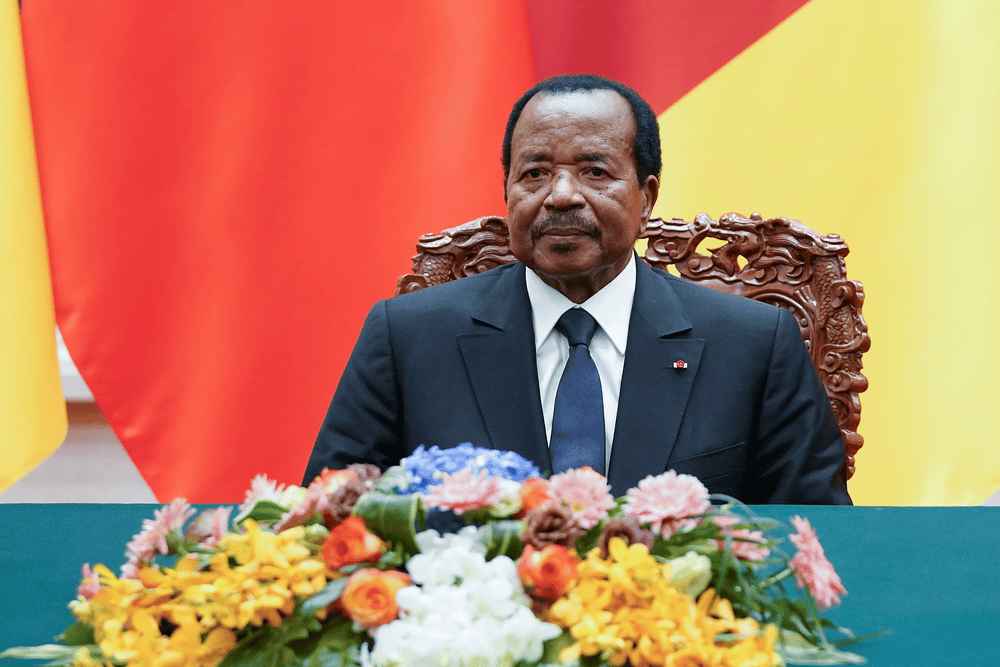WHO admits fault over Ebola response

World health organisation officials, have admitted that they were ill prepared in tackling the Ebola crisis in Africa.
They have detailed their failures and even made suggestions on change of policy and the role of global policy makers.
WHO Director-General Margaret Chan, Deputy Director-General Anarfi Asamoa-Baah and the organization’s regional directors in a joint statement said ina joint statement that the organisation can mount a highly effective response to small and medium-sized outbreaks, but when faced with an emergency of this scale the current systems – national and international – simply have not coped.
The statement listed eight lessons WHO learned from the crisis, including “communicating more clearly what is needed.”
The statement also articulated nine remedies WHO must undergo to better handle large outbreaks in the future – such as intensifying advocacy with national authorities to keep outbreak prevention and management at the top of national and global agendas,” as well as establishing a “Global Health Emergency Workforce” and a contingency fund.
WHO reported 25,791 suspected Ebola cases in Guinea, Liberia and Sierra Leone with 10,689 deaths since the outbreak.
Recommendations for world leaders
WHO urged world leaders to take the following steps in cases of disease outbreaks:
- Take disease threats more seriously – invest in prevention and essential public health systems. “We do not know when the next major outbreak will come or what will cause it. But history tells us it will come”
- Remain vigilant, as the Ebola outbreak is far from over and support to the affected countries must be sustained. Ebola could easily spread again
- Re-establish the services, systems and infrastructure that have been devastated in Guinea, Liberia and Sierra Leone. “This recovery must be country-led, community-based and inclusive”
- Be transparent in reporting. “Speedy detection facilitates speedy response and prevents escalation”
- Invest in research and development for diagnostics, drugs and vaccines related to neglected diseases with outbreak potential.






